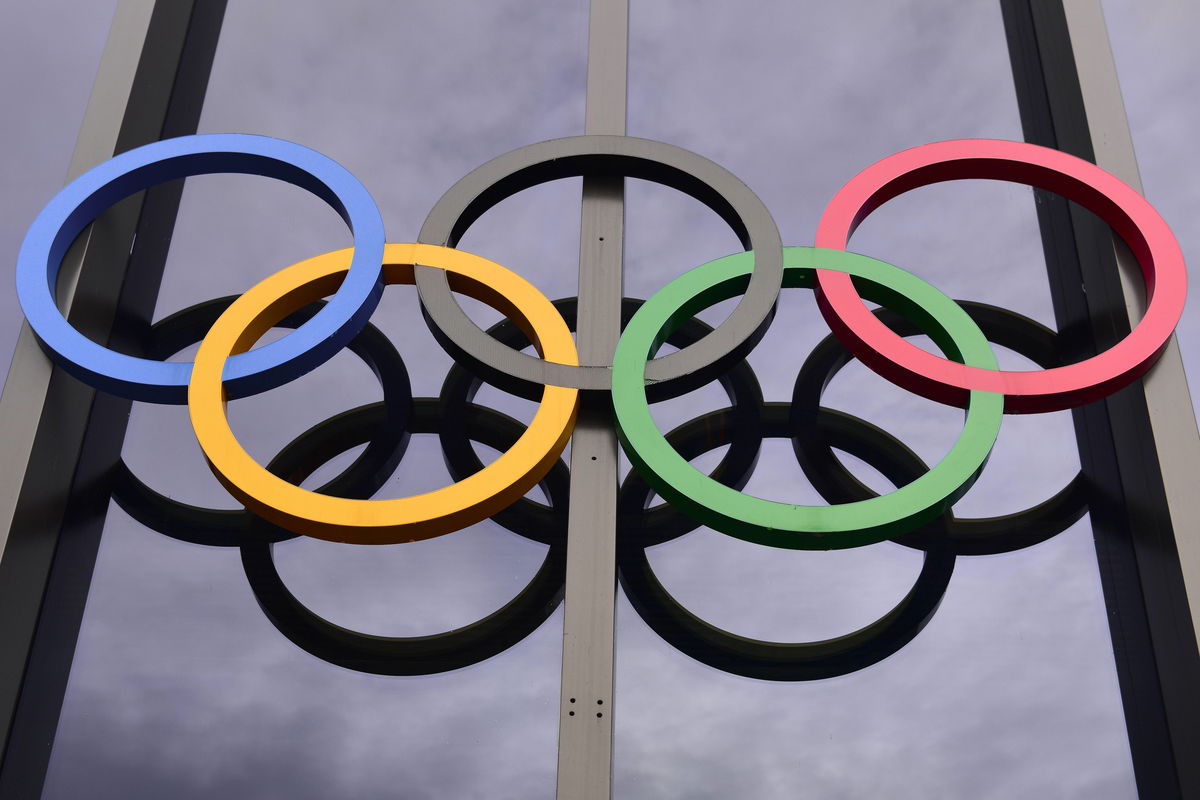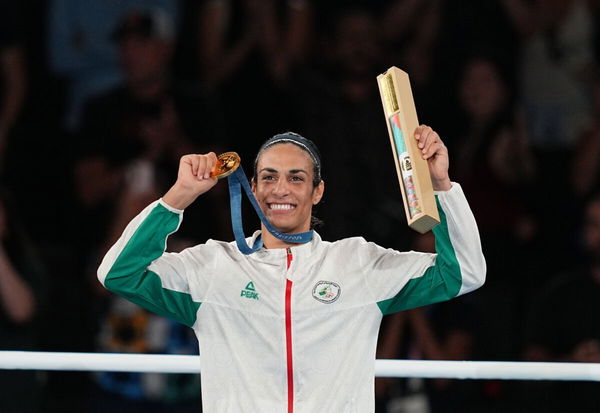
Imago
Olympische Ringe, Lausanne, SUI, 13.12.2017 *** Olympic rings Lausanne SUI 13 12 2017 PUBLICATIONxNOTxINxSUI

Imago
Olympische Ringe, Lausanne, SUI, 13.12.2017 *** Olympic rings Lausanne SUI 13 12 2017 PUBLICATIONxNOTxINxSUI

Imago
Olympische Ringe, Lausanne, SUI, 13.12.2017 *** Olympic rings Lausanne SUI 13 12 2017 PUBLICATIONxNOTxINxSUI

Imago
Olympische Ringe, Lausanne, SUI, 13.12.2017 *** Olympic rings Lausanne SUI 13 12 2017 PUBLICATIONxNOTxINxSUI
The participation of transgender women in elite sports such as the Olympics has become a defining and divisive issue across the Olympic movement, leading several international federations to enact their own eligibility rules. In recent years, governing bodies for sports including swimming, cycling, and track and field have implemented stricter policies, often barring from women’s events athletes who have gone through male puberty.
Watch What’s Trending Now!
This patchwork of regulations has created a complex landscape for athletes and organizers alike, fueling a global debate that balances considerations of inclusion, fairness, and science. This debate was further intensified by the controversy surrounding boxer Imane Khelif at the Paris Olympics, who was falsely accused of being a transgender athlete, highlighting the sensitivity and confusion surrounding the issue. The International Olympic Committee (IOC) is now moving decisively toward establishing a universal standard.
According to multiple sources, the IOC is edging closer to implementing a full ban on transgender women competing in the female category at the Olympic Games. This potential policy shift, which could be officially announced in the next 6-12 months, would represent a fundamental reversal of the framework established in 2021, which left eligibility decisions to individual international sports federations.
The new approach, driven by new IOC President Kirsty Coventry’s campaign pledge to protect the female category, would likely result in a blanket rule that prohibits any athlete who has gone through male puberty from competing in women’s events. This move is also seen as a way to avoid potential conflict with the US administration ahead of the Los Angeles 2028 Olympics, following President Donald Trump’s executive order aimed at preventing transgender women from competing in female sports.
🚨 BREAKING: Transgender athletes are to be banned from female competition at the Olympics following a review of evidence about the sporting advantages of being born male.
The new policy may also bar female athletes with ‘differences of sex development’, possibly including… pic.twitter.com/ymKdRnT3C0
— The Telegraph (@Telegraph) November 10, 2025
“There’s a complete openness to how you would manage a situation, whether it is a co-ed open category, whether men should also be more open and willing to having people on their team who might not look like them, might not dress like them. But the burden can’t always fall on women. The idea of men who identify as women competing in women’s sports puts the burden 100 percent on women, and that is not fair,” a White House official added. This significant policy change was set in motion after a closed-door meeting of IOC members last week.
During the meeting, the IOC’s director of health, medicine and science, Dr. Jane Thornton, presented a science-based review of the evidence. Multiple sources described the presentation as a factual examination that laid out the permanent physical advantages of being born male, such as bone density and lung capacity, which are not fully mitigated by hormone therapy. The presentation also detailed how some sports, like World Athletics, have begun using a once-in-a-lifetime SRY gene test via cheek swabs or blood tests to determine the biological sex of athletes who want to compete in the female category.
Despite these reports, the IOC has officially stated that no final decision has been made, emphasizing that its working group on the issue is still deliberating, with a summer 2026 timeframe for a new policy being more realistic. However, the IOC is also facing some internal resistance to the policy due to the inclusion of athletes with differences of sex development under the proposed ban. Well, the journey toward this moment has been influenced by several key events, particularly the Imane Khelif controversy at the Paris Olympics.
The boxing controversy at the Paris Olympics
The controversy surrounding Algerian boxer Imane Khelif revolved around persistent questions about her eligibility to compete in women’s boxing, an issue that intensified after she won the gold medal in the women’s welterweight category at the 2024 Paris Olympic Games.
The IOC consistently defended her participation, as Mark Adams, chief spokesperson for the IOC, stated, “The Algerian boxer was born female, was registered female, lived her life as a female, boxed as a female, has a female passport. This is not a transgender case. There has been some confusion that somehow it’s a man fighting a woman. This is just not the case, scientifically.”
Despite this, the controversy was fueled by her prior disqualification from the 2023 Women’s World Boxing Championships, where the International Boxing Association (IBA) alleged she had failed to meet its gender eligibility requirements.

Imago
Sports News – August 9, 2024 August 06 2024: Imane Khelif Algeria celebrates gold on Day 14 of the Olympic Games, Olympische Spiele, Olympia, OS at Roland Garros, Paris, France. Ulrik Pedersen/CSM. Credit Image: Ulrik Pedersen/Cal Media Paris France EDITORIAL USE ONLY Copyright: xx ZUMA-20240809_zma_c04_191.jpg UlrikxPedersenx csmphotothree279493
The situation escalated in 2025 when the new governing body, World Boxing, announced a mandatory genetic sex testing policy for all athletes and specifically named Khelif, barring her from competition until she undergoes testing. The organization later apologized for singling her out, acknowledging that her privacy should have been protected. Throughout the ordeal, Khelif has firmly and publicly asserted her identity.
After her Olympic victory, she stated, “I want to tell the entire world that I am a female, and I will remain a female. I send a message to all the people of the world to uphold the Olympic principles and the Olympic Charter, to refrain from bullying all athletes, because this has effects, massive effects. It can destroy people, it can kill people’s thoughts, spirit and mind. It can divide people. And because of that, I ask them to refrain from bullying.”
The Imane Khelif controversy really brought to light the tricky mix of gender verification, fairness in competition, and the privacy of athletes in today’s sports world. In the end, it highlighted how important it is to have clear and consistent international rules that are based on science.

